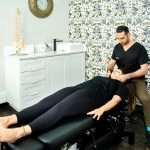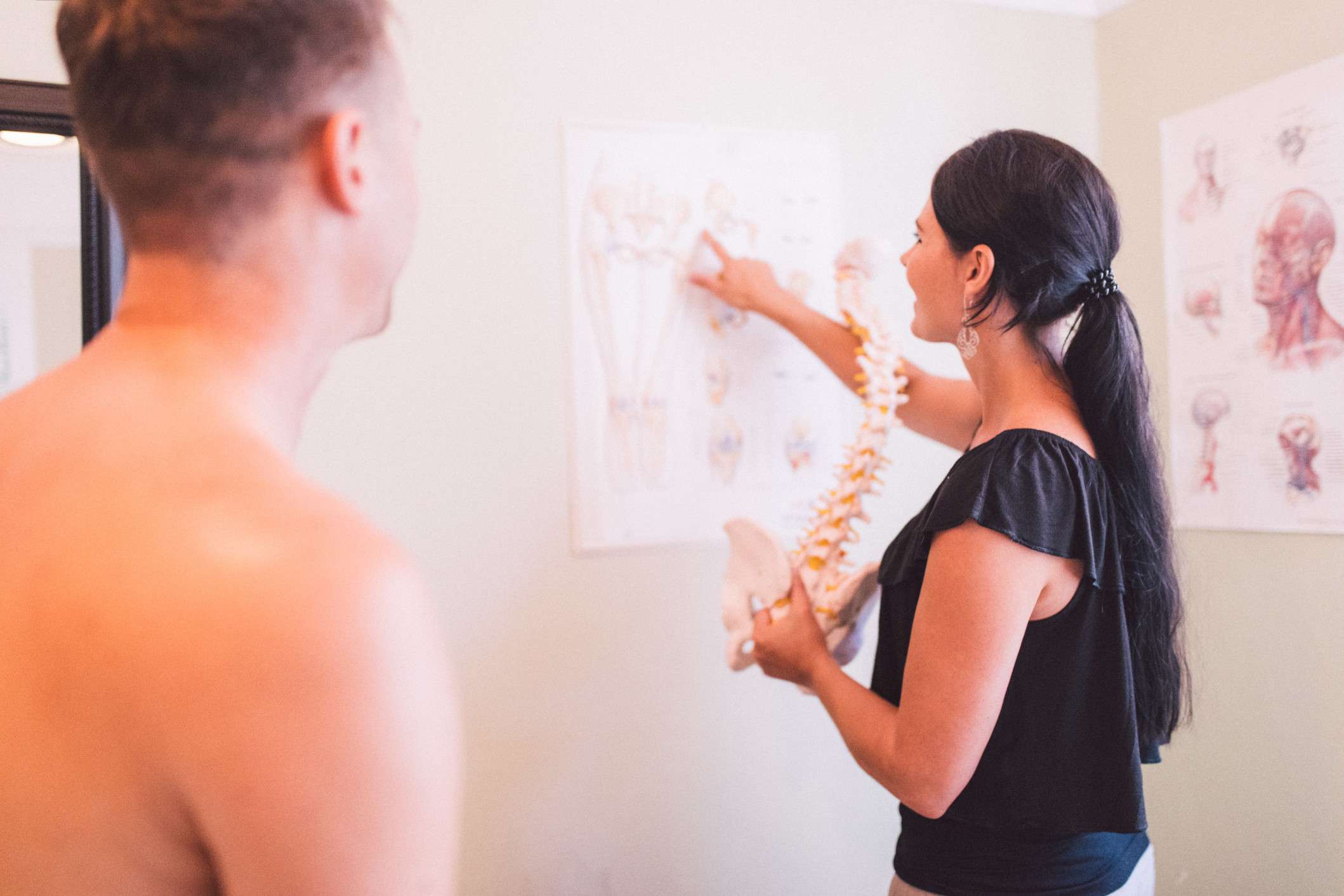Covid19 has undoubtedly had a major impact on our lives physically, mentally and emotionally, so it comes as a little surprise that it has brought about an increase in neck pain, headaches and jaw pain. These episodes can occur either together as a cluster or in isolation. However, this trend seems to have been brought about by a combination of poor ergonomics, a rise in sedentary behaviour, and elevated stress levels.

Stress occurs in many physical and psychological forms, which results in a cascade of many well-organized physiological changes. When we encounter a stressful situation, a brain structure known as the amygdala is activated and sends a distress signal to the brain’s command centre, called the hypothalamus. The hypothalamus then sends messages all over the body using the nervous system as a conduit.
These messages trigger the nervous system to activate the adrenal glands, which secrete a hormone called epinephrine, also known as adrenalin. This kick-starts the sympathetic nervous system, bringing about a fight or flight response, preparing the person for danger.
In preparation to deal with danger, this automatic response occurs silently in the background without you even being aware. Your heart rate speeds up to push more blood to your heart, brain and muscles. Your blood pressure rises, your breathing rate increases, and oxygen flows to the brain to trigger alertness. All your senses become sharper.
Once the initial dose of epinephrine subsides, the second part of the stress response is activated, known as the Hypothalamus Pituitary Axis (HPA). Its purpose is to sustain a consistent level of stress hormones so long as a threat is perceived.
In response to this, the muscles in the neck and jaw tense up, becoming increasingly prone to painful muscle spasms.
The COVID19 pandemic has been an unimaginably stressful time, bringing about a lot of changes globally. This, coupled with poor ergonomic home setup and an increase in sedentary type behaviour, has resulted in a noticeable rise in the prevalence of neck pain, headaches and jaw pain.
The interaction of the neck and jaw.
The anatomical structures of the neck and the jaw are intricately linked both mechanically and neurologically. For example, the jaw and some neck muscles share a standard nerve supply through the trigeminal nerve, which is another way these two areas are linked. As a result, painful trigger points may develop in the neck and the jaw muscles, potentially causing referred pain that can lead to tension headaches. An additional source of strain occurs right beneath the skull, where all the muscles from the neck are attached. Not only is this area susceptible, but it can also mechanically compress the nerves exiting the neck en route to the head.
Poor seated posture often results in the head pushing the jaw forward, straining both the muscles around the neck as well as the jaw. This is often the case in office workers who spend numerous hours at the computer – this has only increased with remote working.
Coping strategies:
Chiropractic treatment. Your chiropractor can help by restoring your spinal mechanics, regulating your nervous system and relieving built-up tension. Your chiropractor can also assist you with your posture and work-space set-up.
Therapeutic exercises. Specific exercises can help you manage your muscle tension at home regularly. These are specific exercises designed to help you, please see the cervical spine rehabilitation page https://mychiro.co.za/rehabilitation/
Physical Exercise. Physical activity helps reduce stress by reducing muscle tension build-up. Breathing associated with exercise is also beneficial in managing stress.
Mindfulness. Practising mindfulness is highly beneficial in reducing stress by cutting out the noise and focusing on the present moment. Diffusing pure essential oils of lavender, copaiba, and frankincense may enhance this process.
Support Structure. Having support from family and friends provides a safety network enabling you to cope better and not feel alone in your struggles.
Ergonomic set-up. The proper home office setup is vital to prevent repetitive stress and poor posture. Don’t forget to take regular breaks and check your posture. Nutrition. It is essential to ensure your diet contains the proper nutrients to keep your body healthy and immune system strong.










